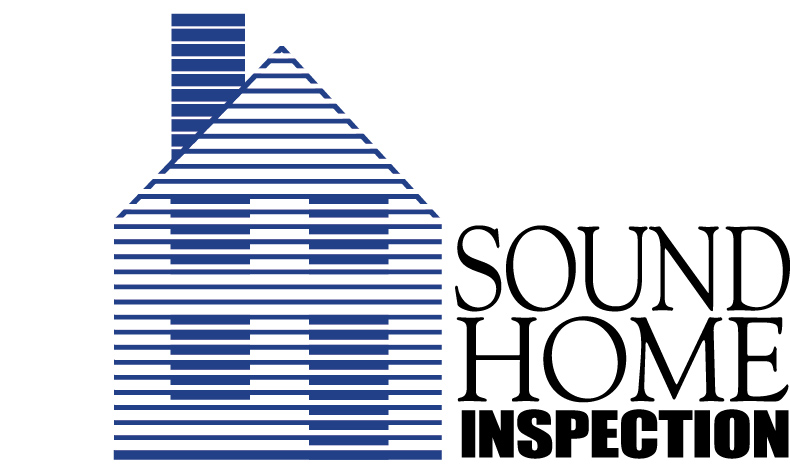Heating/ Central Air Conditioning
Heating/ Central Air Conditioning Inspections
There’s a lot for a home inspector to check out in your heating and cooling systems. Having these units in good working order is necessary for your home staying warm in the winter and cool in the summer. In addition, a furnace or boiler that needs cleaning can cost you unnecessary energy dollars, and an improperly vented furnace or boiler can be a health and fire hazard.
Tom Morgan received his HVAC inspector certification at ASHI’s annual InspectionWorld conference. Read the press release here.
To schedule your home inspection, call
(860) 445-1236 today.
Heating and Central Air Conditioning Items Inspected
Want to learn more?
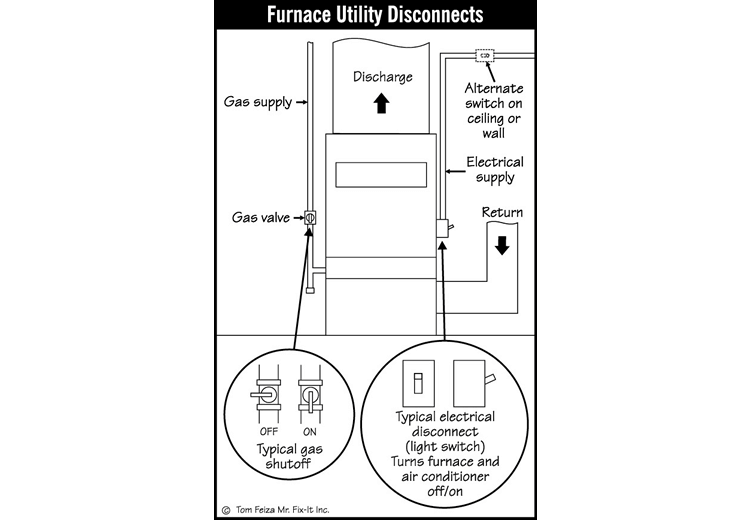
Automatic Safety Controls Inspection
Automatic safety controls are those devices installed as a part of your electrical, heating, cooling, water heating and other systems to prevent such things as overheating, high and low pressures, excessively hot water or a surge in electrical current. An example of an automatic safety control is the temperature and pressure valve on your water heater.
Since automatic safety controls are important to keeping your family and your home safe, it’s essential that they be installed and operate correctly. The home inspector will inspect all of these devices to determine that valves aren’t clogged, wires are connected correctly and functional when and where needed.
To schedule your home inspection, call
(860) 445-1236 today.
Chimney, Flue and Vent Inspections
Chimneys, flues and vents funnel the by-products of combustion from your furnace, wood stove, water heater or fireplace to the outside of your home. Traditionally, these ventilation outlets were located on the roof, but in newer homes you’ll also see some of them on the side of the house.
The safety of your family depends on the chimneys, flues and vents working correctly. If any of these ventilation shafts is clogged, dangerous carbon monoxide and other gasses can back up into your home. In addition, a chimney that hasn’t been cleaned regularly may be lined with soot, making the chimney a fire hazard. The inspector will check to see that these ventilation shafts are placed properly and that they are clean and in good working order.
To schedule your home inspection, call
(860) 445-1236 today.
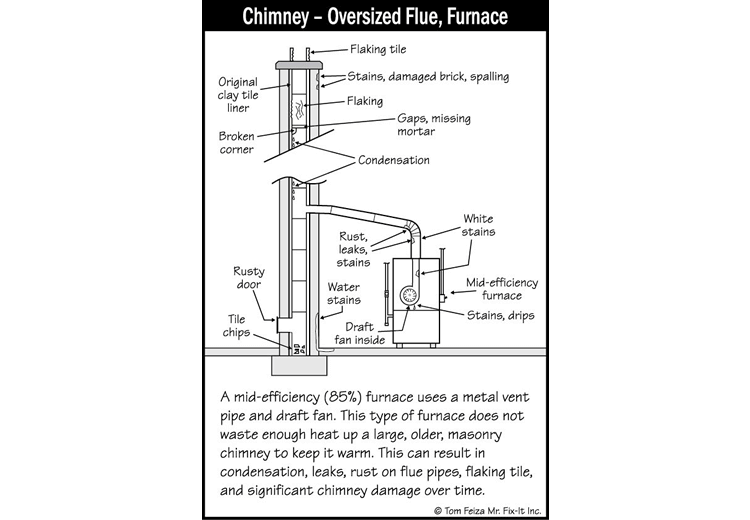
Want to learn more?
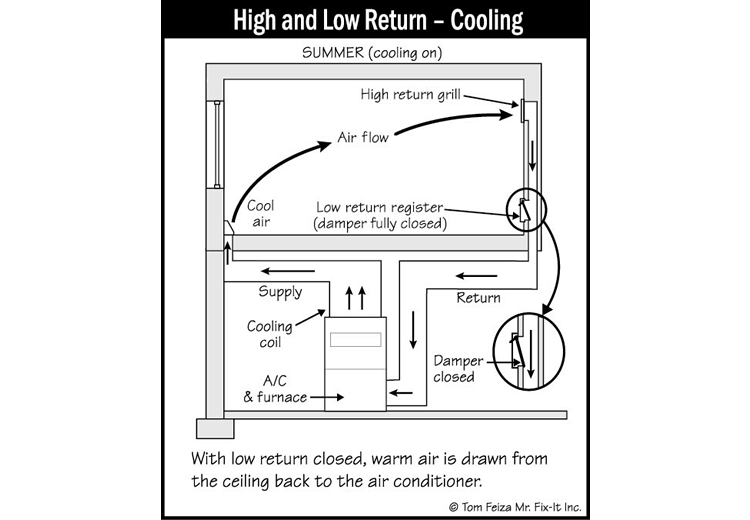
Cooling and Air Handler Equipment Inspection
Cooling and air handler equipment includes your central air conditioning system as well as any electronic air filter or whole-house humidifying system attached to your furnace. These systems also include the duct work that connect the central unit to the individual vents in your living space and the thermostat that regulates the temperature.
The home inspector will check these systems to make sure that they are functioning properly. In addition, he will check the connections to the power source, that the air conditioning condenser is unobstructed and that the ducts are properly sealed. It’s also important to make sure that no condensation from the air conditioning system is finding its way back into the house, potentially causing mold and mildew problems.
To schedule your home inspection, call
(860) 445-1236 today.
Heating and Cooling Distribution Systems Inspections
The distribution systems for your furnace and air conditioning system include the duct work, the hot air return and the vents. Ducts connect the furnace to floor or sideboard registers in each of your rooms, and a blower delivers heated or cooled air to your living space.
These distribution systems are subject to several problems. Ducts that are improperly connected can cause less heat to reach your rooms. In addition, improperly installed ducts can be a source of mold and mildew and can send those allergens all over your home. The inspector will also check to see that your ducts are properly insulated and hung or supported correctly.
To schedule your home inspection, call
(860) 445-1236 today.
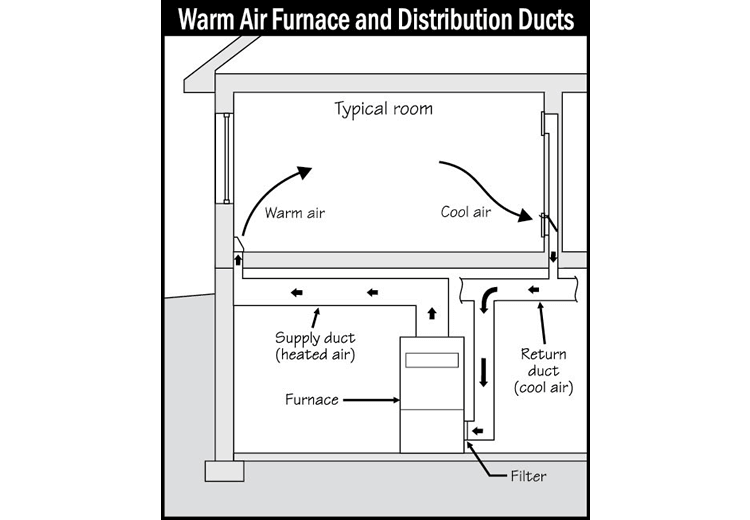
Want to learn more?
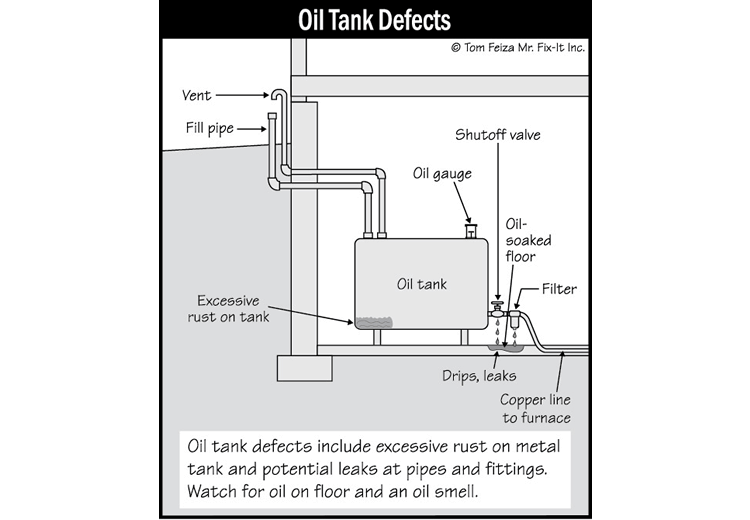
Energy Source Inspections
The energy source (or sources) of a home is the power behind mechanical systems like the furnace, water heater, boiler and air conditioning systems. Common energy sources include natural gas, electricity, propane and fuel oil. Less common are solar-powered systems and water source heat pumps. A home may have more than one energy source.
Both identifying and inspecting the home’s energy source is important. How the dwelling’s mechanical systems are powered is an essential piece of information and useful to determining whether a particular house is right for you.
The home inspector will make sure that the connections leading to and from the energy source are sound and safe, that storage tanks and meters are in good shape, and that vents are functioning properly, where needed.
To schedule your home inspection, call
(860) 445-1236 today.
Heating Equipment Inspections
A home’s heating equipment includes the furnace, heat pump, boiler and/or water heater. Heating equipment also includes the duct work that delivers heat from the main unit to your living area, the individual room vents, radiators, electric baseboards, hot water baseboard convectors, the thermostat and the vents that channel combustion gasses to the outside of your house. Heating equipment commonly is powered by natural gas, fuel oil or propane.
The heating system is one of the primary systems in any home. Improperly installed furnaces or boilers can not only mean cold rooms, but can also allow dangerous combustion gasses, like carbon monoxide, to enter your living space. A home inspector will check not only the primary heating unit, but also the ducts and delivery system and the furnace and boiler vents.
To schedule your home inspection, call
(860) 445-1236 today.
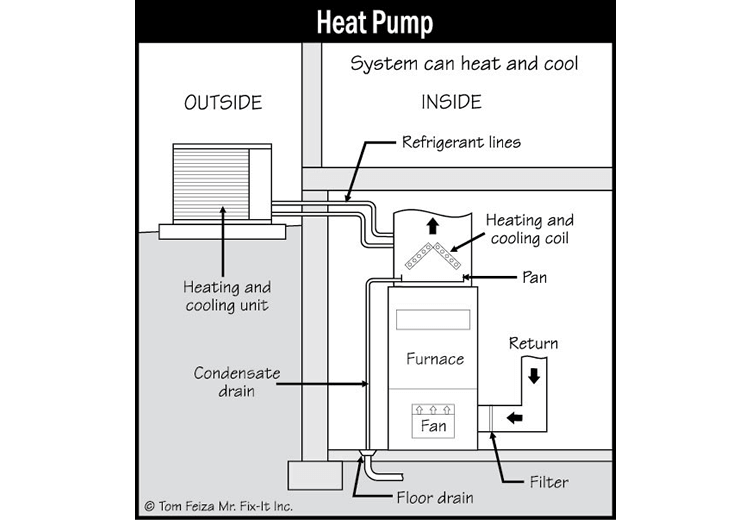
Want to learn more?
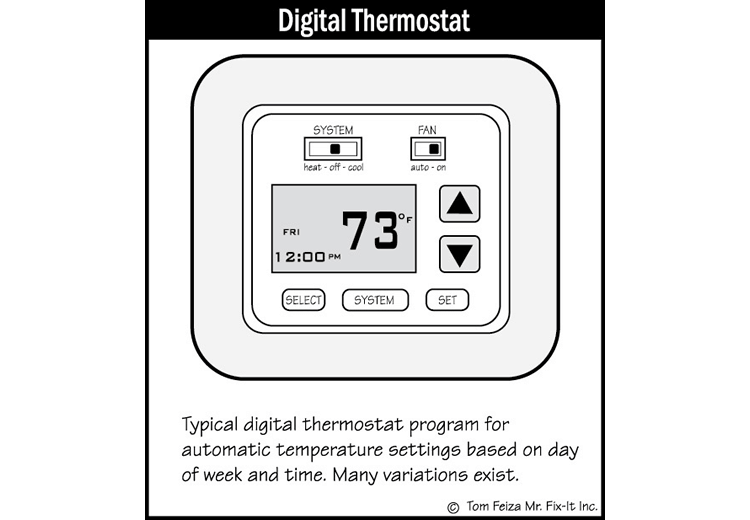
Normal Operating Controls Inspections
The phrase, “normal operating controls” refers to the mechanical devices that turn your furnace, boiler, water pump and air conditioning systems on and off. In homes with central air conditioning and forced air heating systems, and steam heat, the thermostat is the normal operating control.
Making sure that the operating controls for the mechanical systems are working is an essential part of inspecting a home’s heating and cooling system. Obviously, no such system is of much use if you can’t turn it on and off easily. The inspector will check that the controls are installed correctly and that they operate the systems correctly.
To schedule your home inspection, call
(860) 445-1236 today.
Number of Zones
Zone heating is an increasingly popular way to save on energy costs, particularly in the Northeast. Zone heating means having a separate heating unit for different parts of your home or using a single furnace with mechanical dampers that allow you to direct heat to specific “zones” in your home. That way you can heat only the rooms you use and keep the other rooms 10 to 20 degrees colder.
HVAC professionals estimate that zone heating can save the average homeowner 20 to 30 percent on their heating bill. However, zone heating is not without potential problems. As with anything mechanical, dampers can malfunction, the thermostat can be calibrated wrong and the cooler rooms may be set at a temperature that threatens to freeze pipes during a cold night.
To schedule your home inspection, call
(860) 445-1236 today.
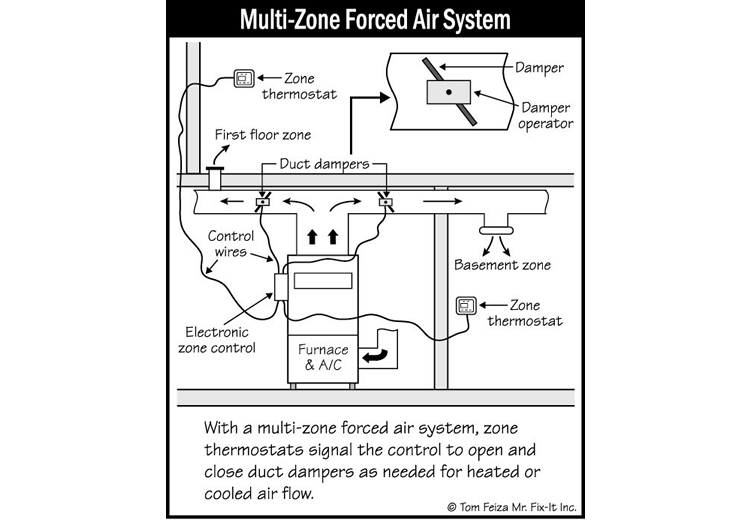
Want to learn more?
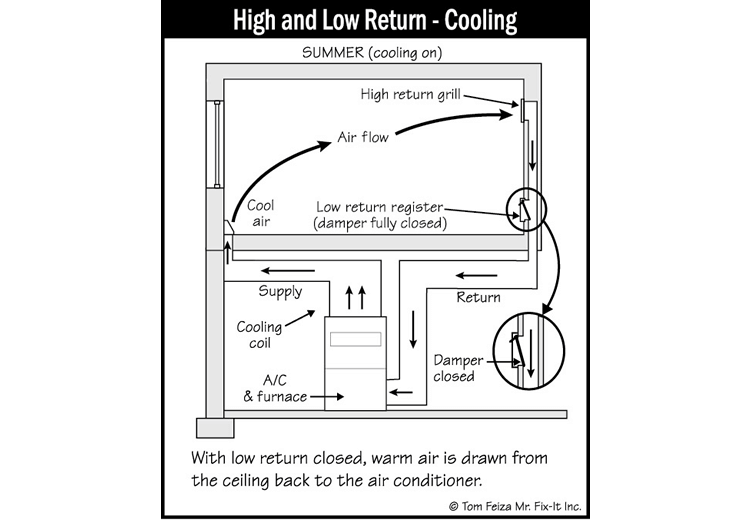
Presence of Installed Cooling Source in Each Room
A cooling source refers to the presence of a link to a central air conditioning system. Most commonly this is via ducts and floor or baseboard vents that are connected to the main air conditioning unit.
Verifying that all of the mechanical systems are working as they should is a key part of any home inspection. That includes making sure that the air conditioning system is connected properly to all rooms in the living space. This is important both for comfort and to avoid wasting energy through cooled air being lost via faulty duct connections or improperly installed vents.
To schedule your home inspection, call
(860) 445-1236 today.
Presence of Installed Heat Source in Each Room
The heat source in a home is where the heated air enters the living space. This can be a floor or side vent with forced air heat, an electric baseboard heater, or a wall radiator with steam heat.
Part of the home inspector’s job is to make sure that each room of the living space is habitable and comfortable for occupants year-round. This includes making sure that there is heated air available in all rooms. In addition to comfort, heat is necessary in the northern states to make sure that pipes don’t burst in frigid weather, causing water damage.
To schedule your home inspection, call
(860) 445-1236 today.
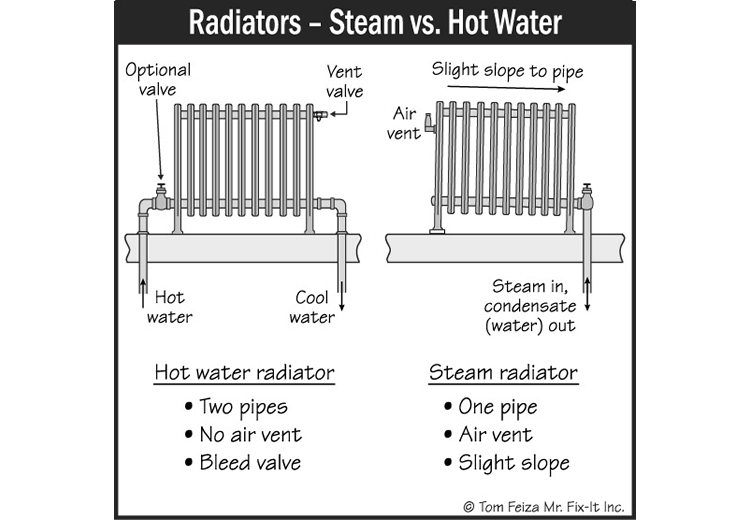
Want to learn more?
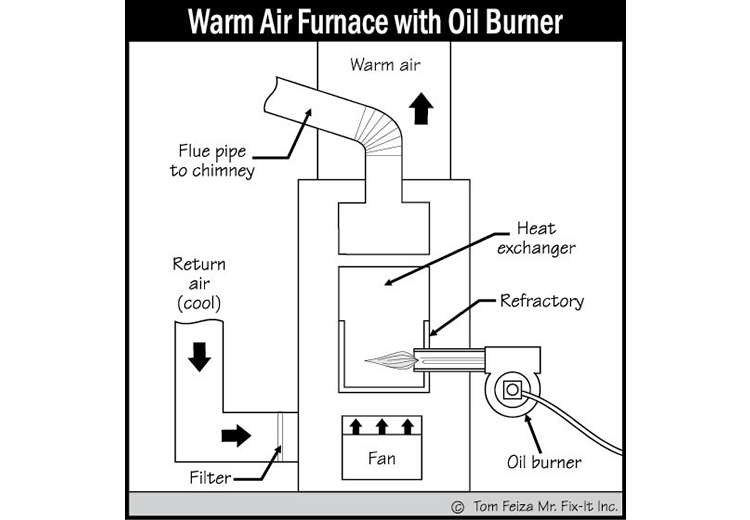
Warm Air Furnace Inspections
Your warm air furnace provides heated air to your living space through gravity or, more commonly, a series of ducts or blowers. Residential furnaces can be powered by propane, natural gas or fuel oil.
A well-tuned furnace is essential to keeping your family warm, as well as maximizing your energy dollars. A dirty, inefficient furnace is likely wasting energy and costing more than you need to pay for heat. The heat exchanger in your furnace is one of the most critical elements. A rusted or cracked heat exchanger can cause dangerous combustion gasses, like carbon monoxide, to back up in your home. Venting is also important, to make sure those same gases are channeled outside your house. The home inspector will also check any adjunct systems, such as a whole-house humidifying system.
